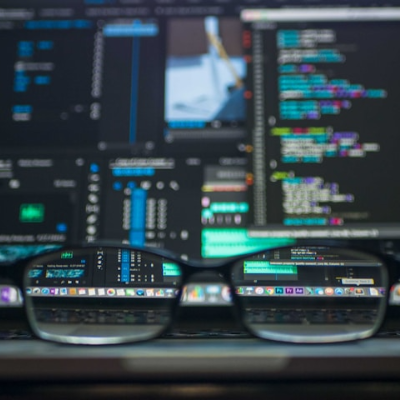The procurement landscape is changing at an unprecedented pace. Technological advancements, global supply chain disruptions, and the increasing importance of sustainability are driving the need for a more skilled and adaptable procurement workforce. As organizations face these evolving challenges, upskilling procurement professionals is becoming a strategic imperative. In this article, we explore the necessity of upskilling in procurement, typical use cases that illustrate the transformation, and how organizations can effectively prepare their teams for the future.
The changing landscape and necessity of upskilling in procurement
The procurement function has traditionally been viewed as a cost-saving center focused on negotiating better deals and managing supplier relationships. However, this view is rapidly evolving. Today, procurement is seen as a strategic function that plays a critical role in driving innovation, ensuring supply chain resilience, and achieving sustainability goals.
-
Technological advancements
The integration of artificial intelligence (AI), machine learning, and predictive analytics into procurement processes is transforming the way organizations operate. These technologies enable more efficient data analysis, better decision-making, and improved risk management. Procurement professionals need to be adept at using these tools to stay competitive. Proficiency in digital tools and technologies is essential. This includes understanding how to leverage AI and machine learning for predictive analytics, using digital platforms for supplier management, and staying abreast of the latest technological trends.
-
Global supply chain disruptions
Events such as the COVID-19 pandemic, geopolitical tensions, and natural disasters have highlighted vulnerabilities in global supply chains. These disruptions have underscored the importance of having a resilient and adaptable procurement strategy. Upskilling in areas like risk management, supplier diversification, and supply chain resilience is essential. The ability to anticipate and mitigate risks is crucial. This involves learning how to identify potential disruptions, develop contingency plans, and ensure business continuity in the face of unexpected events.
-
Sustainability and ethics
With increasing pressure from stakeholders to operate sustainably, procurement teams must prioritize ethical sourcing, reduce carbon footprints, and ensure compliance with environmental regulations. Understanding sustainable procurement practices and integrating them into everyday operations is crucial. This includes knowledge of sustainable procurement practices, understanding how to source ethically, reduce environmental impact, and comply with sustainability regulations.
Typical use cases illustrating the transformation
To illustrate the necessity of upskilling in procurement, let’s consider some typical use cases that highlight how the role of procurement professionals is evolving.
The main drivers of this development include:
Preparing for the future: strategies for effective upskilling
To effectively upskill procurement teams, organizations need to adopt a strategic approach that includes the following elements:
- Assessment of current skills and gaps: Begin by assessing the current skill levels of the procurement team and identifying gaps. This involves evaluating technical skills, strategic capabilities, and knowledge of sustainable practices.
- Tailored training programs: Develop customized training programs that address the specific needs of the team. This includes workshops, online courses, and hands-on training sessions focused on key areas such as digital literacy, strategic thinking, and risk management.
- Continuous learning culture: Foster a culture of continuous learning where employees are encouraged to update their skills regularly. Provide access to learning resources, encourage participation in industry conferences, and support professional development initiatives.
- Leveraging external expertise: Partner with training providers and industry experts to deliver high-quality upskilling programs. External trainers can bring fresh perspectives and insights that enrich the learning experience.
- Mentorship and coaching: Implement mentorship and coaching programs where experienced procurement professionals can guide and support less experienced team members. This helps in knowledge transfer and provides practical insights into real-world challenges.
- Measurement and feedback: Regularly measure the effectiveness of upskilling programs through feedback and performance metrics. Adjust training programs based on this feedback to ensure continuous improvement.






